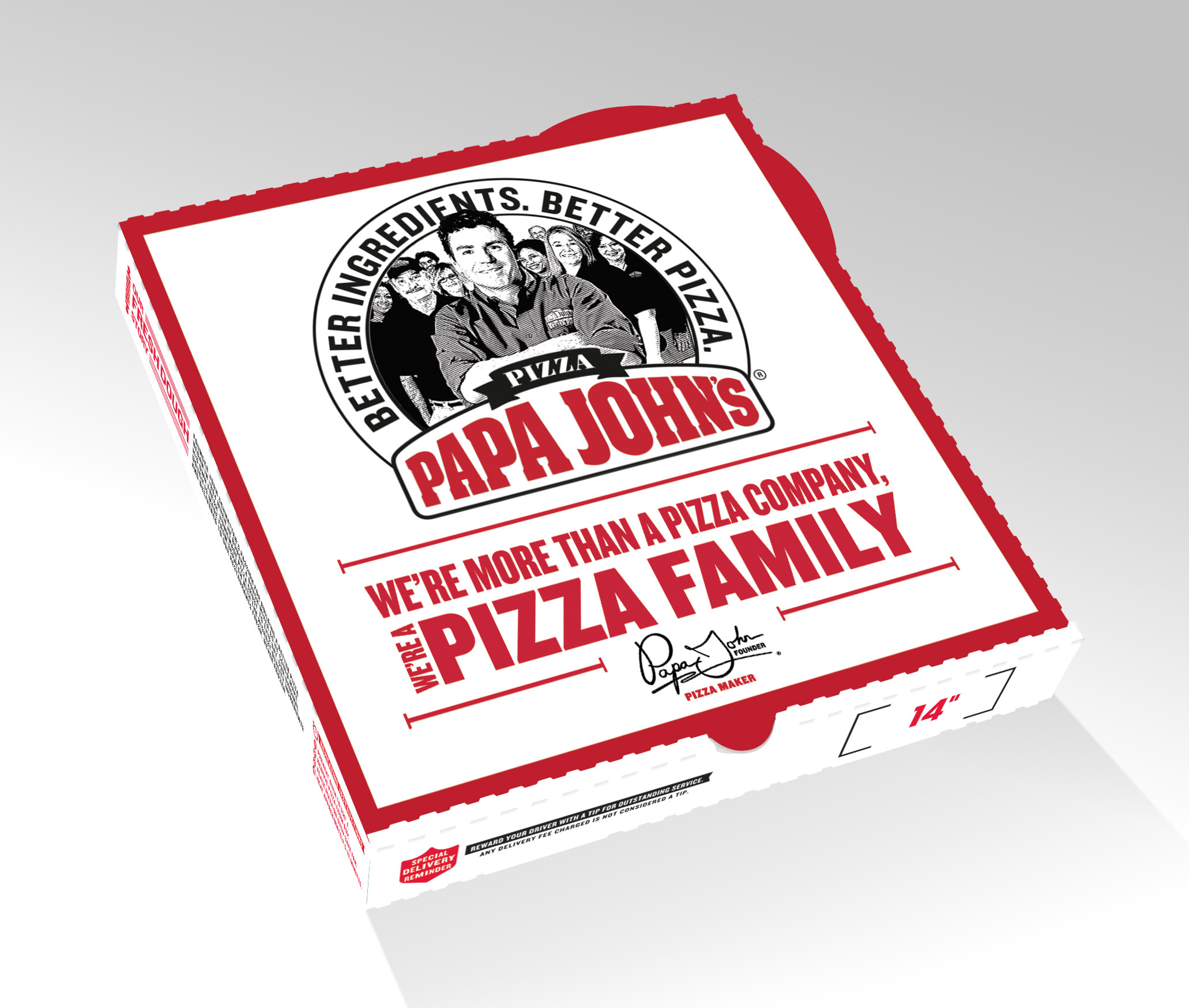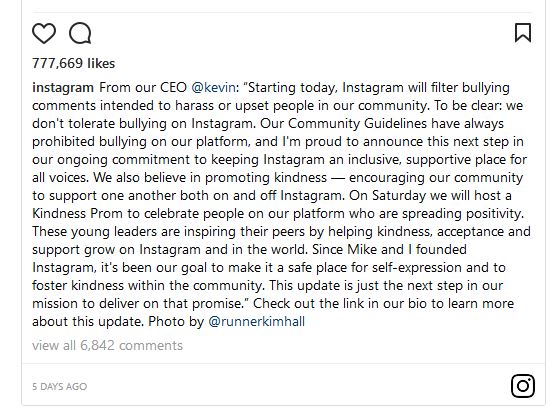Maryland Apologizes for Football Player's Death
/University of Maryland at College Park has taken responsibility for mistakes during training that caused a football player's death. During a news conference, President Wallace D. Loh said he met with the student's parents to apologize. After the investigation, Loh concluded:
"The University accepts legal and moral responsibility for the mistakes that our training-staff made on that fateful workout day." And to the parents, "You entrusted Jordan to our care, and he is never returning home again."
Such an admission is unusual and welcome in light of cover-ups and shifting blame.
As a result of this incident, the head coach was placed on leave and another coach, Rick Court, has left the university. Court had been accused of "name calling and other intimidation," according to a Chronicle report.
Some are calling for Loh's resignation as well. Trouble started with the athletics director around the same time. Loh has publicly expressed concerns about how these situations might affect his presidency:
“That’s the sad part,” he said. “I think most presidents have to hold on for dear life. Many, many presidents have not been able to bounce back.”
Discussion:
- In what ways does Loh make himself and the University vulnerable, and how might this work in their favor?
- Did Loh do the right thing? Should he resign?
- Assess Loh's news conference. What does he do well, and what could he improve?
- How well does Loh express compassion during the news conference?
















